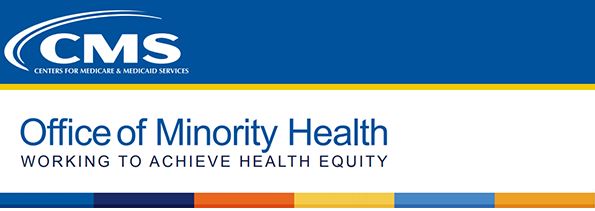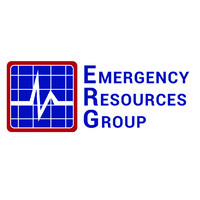June 1 2023 – Throughout June, the Centers for Medicare & Medicaid Services Office of Minority Health (CMS OMH) celebrates Pride Month. During this observance CMS OMH highlights the unique health care challenges and barriers faced by members of the Lesbian, Gay, Bisexual, Transgender, Queer and Questioning, Intersex, Asexual, and Two Spirit (LGBTQI+) community.
While members of the LGBTQI+ community share the burden of stigma surrounding their sexual orientation or gender identity and expression, their individual experiences related to health care outcomes vary by race, ethnicity, income, and other characteristics. For example, gay, bisexual, and other men who have sex with men are disproportionately affected by HIV. Compared to heterosexual women, lesbian women experience higher rates of many chronic diseases, including depression, obesity, hypertension, and diabetes. Transgender women have the highest rate of HIV in the US, with the highest prevalence among Black (44%) and Hispanic (26%) transgender women. Social determinants and drivers of health, including stigma and discrimination among other factors, can also influence health conditions.
In addition to these disparities in health outcomes, LGBTQI+ individuals continue to face barriers to accessing care, including an increased likelihood to be uninsured, delay care, not have a usual source of care, and be more concerned about medical bills than non-LGBTQI+ individuals. State and national surveys often lack questions on gender identity and sexual orientation, creating a lack of information and gap in addressing disparities.
Many LGBTQI+ individuals are reluctant to disclose their sexual orientation to health care providers because they fear rude and discriminatory reactions, or due to concern that their personal information could become public. Many patients have found in recent years that telehealth appointments have become a safe and convenient way to access health care, especially for those who live in rural areas or other locations without access to inclusive facilities, providers, and treatments.
During Pride Month, CMS OMH is highlighting how you can help address these barriers and disparities impacting the LGBTQI+ community. Below is a list of resources you can share during Pride Month and beyond to help individuals receive better health care coverage.
Resources
- Take the newly updated Medicare Learning Network training “Improving Health Care Quality for LGBTQ People” to learn how you can make a difference in the health care of LGBTQI+ individuals.
- View the LGBT Partners page to learn more about CMS’s partnerships with national and local organizations helping the LGBTQI+ community receive quality health insurance and health care information.
- Download the Office of the Assistant Secretary for Planning and Education’s Health Insurance Coverage and Access to Care for LGBTQ+ Individuals: Recent Trends and Key Challenges issue brief, which discusses demographic characteristics of the LGBTQI+ community, recent trends in insurance coverage for this population, and various challenges and barriers to care faced by the broader community.
- Review Telehealth.gov’s Telehealth for LGBTQ+ Patients resource for providers to learn how telehealth can support LGBTQI+ patients.
- Visit the Substance Abuse and Mental Health Service Administration’s Center of Excellence on LGBTQ+ Behavioral Health Equity, which provides behavioral health professionals with information on supporting LGBTQI+ populations.
- Download and share the HIV/AIDS Disparities in Medicare Fee-For-Service Beneficiaries data snapshot for an overview of HIV/AIDS prevalence among Medicare fee-for-service enrollees as well as various resources.
- Share the Coverage to Care (C2C) Enrollment Toolkit and Adult Preventive Services Flyer to help patients learn how to make the most of their health coverage. Use the C2C Roadmap to Behavioral Health to help LGBTQI+ individuals understand how to use their coverage to improve their physical and mental health.
- Check out the interactive Lesbian, Gay, Bisexual, and Transgender Health Workgroup website to track the progress of objectives related to LGBTQI+ health.
- Learn more about Healthy People 2030’s goal to increase the number of national surveys that collect data on lesbian, gay, and bisexual populations.
Explore the U.S. Department of Health and Human Services Office for Civil Rights Protecting the Rights of Lesbian, Gay, Bisexual, Transgender, Queer, and Intersex (LGBTQI+) People webpage, which can help LGBTQIA2S+ individuals understand their rights and gather information about gender affirming care.





























